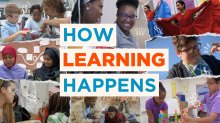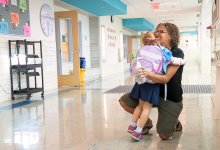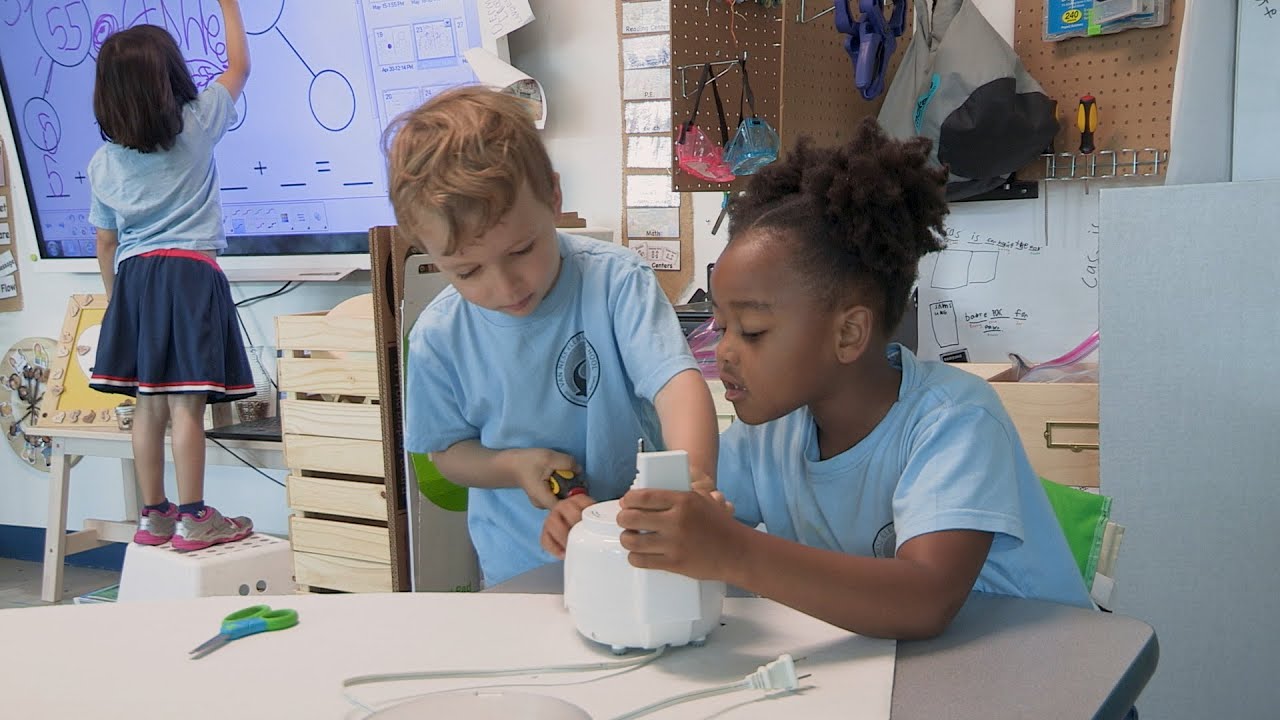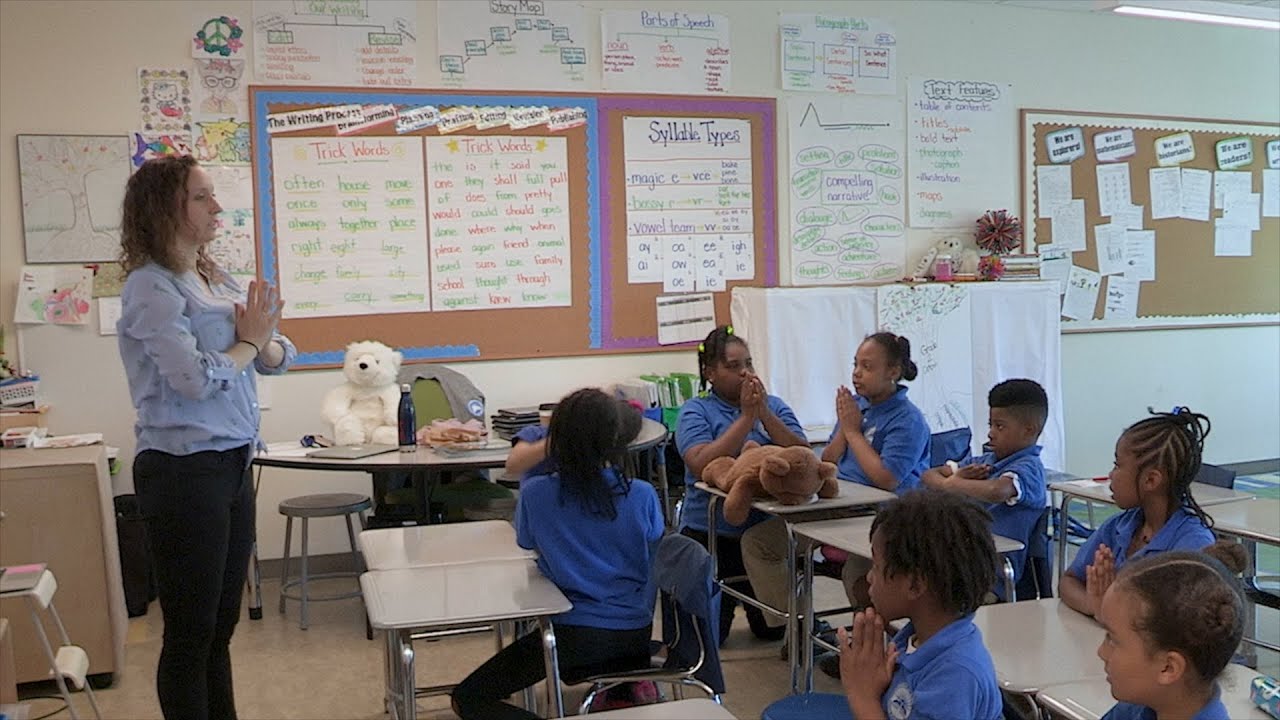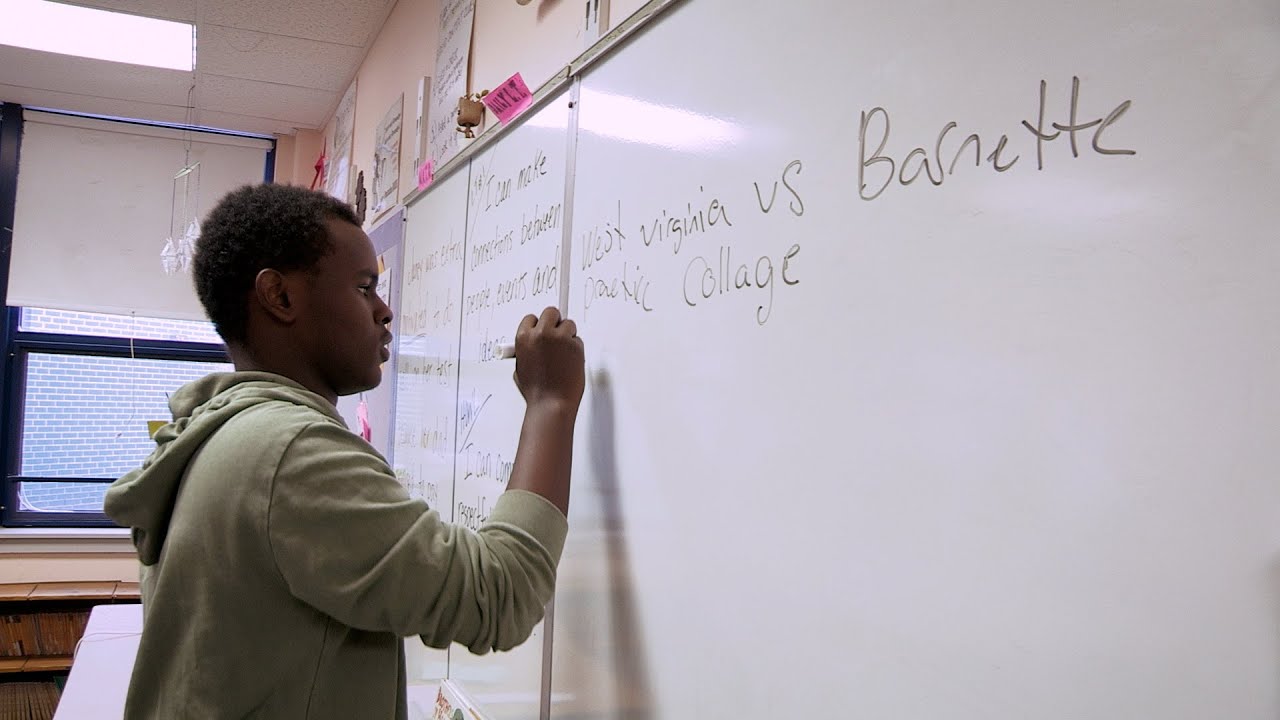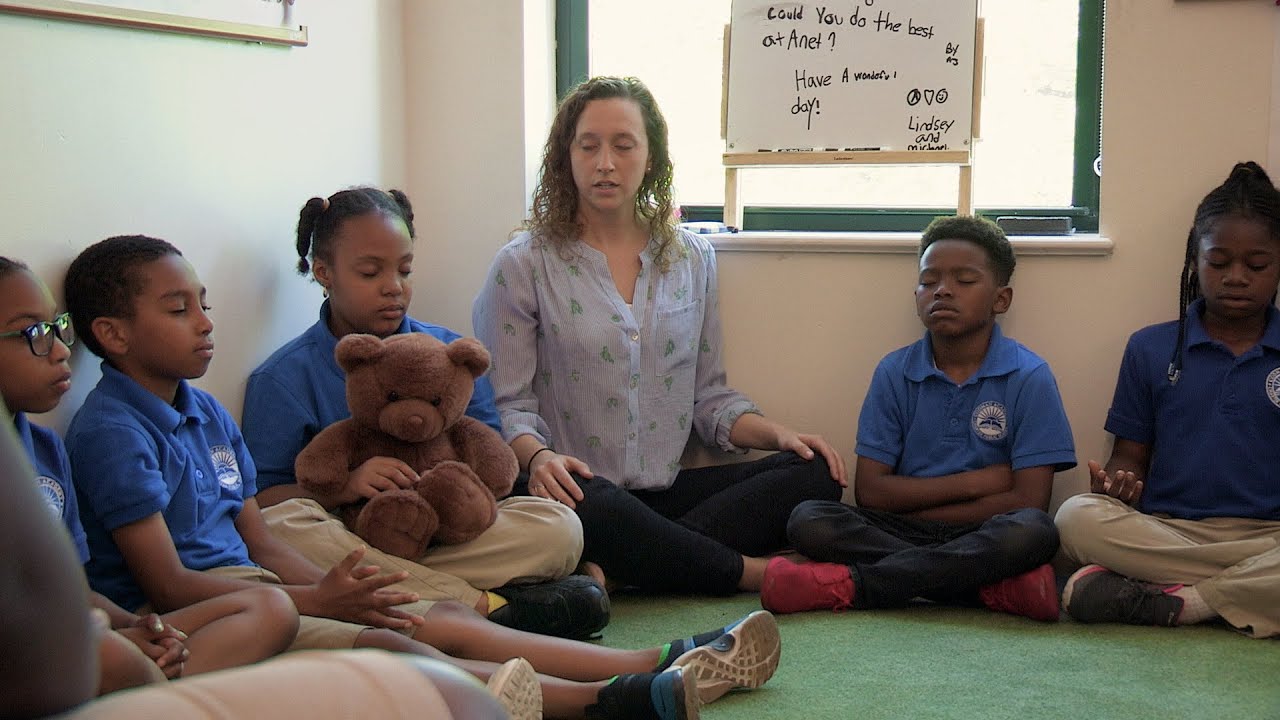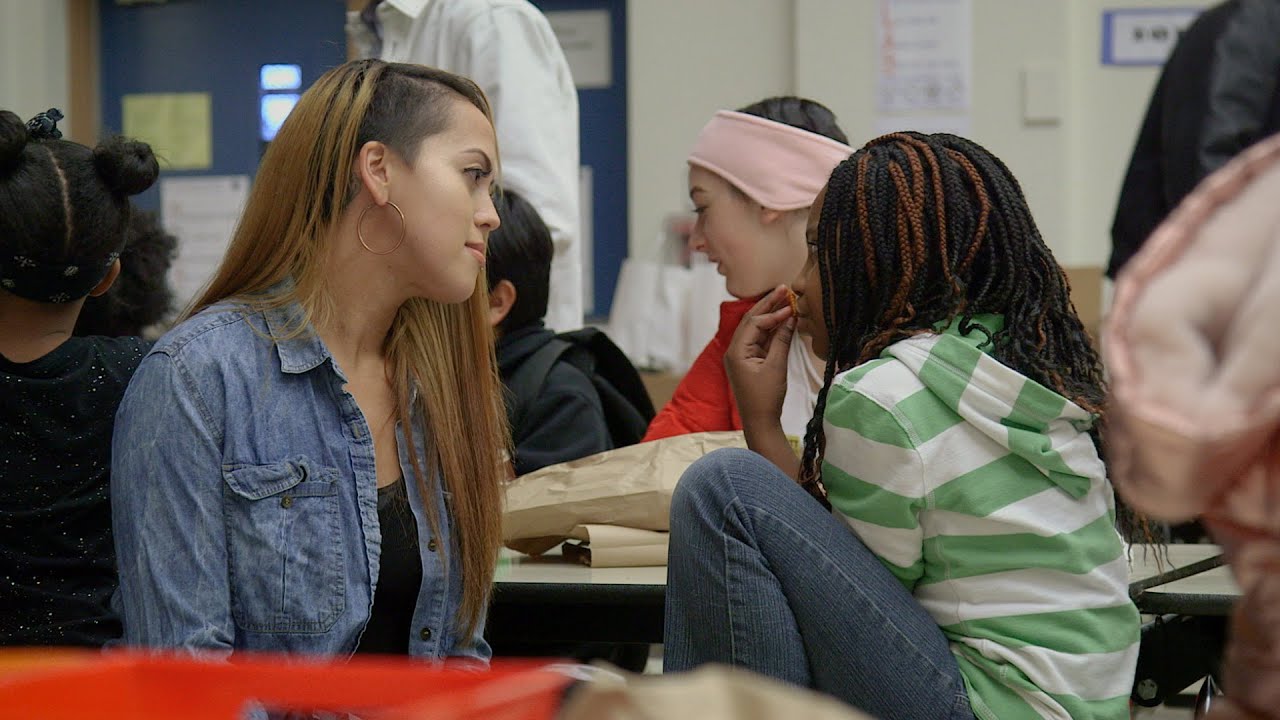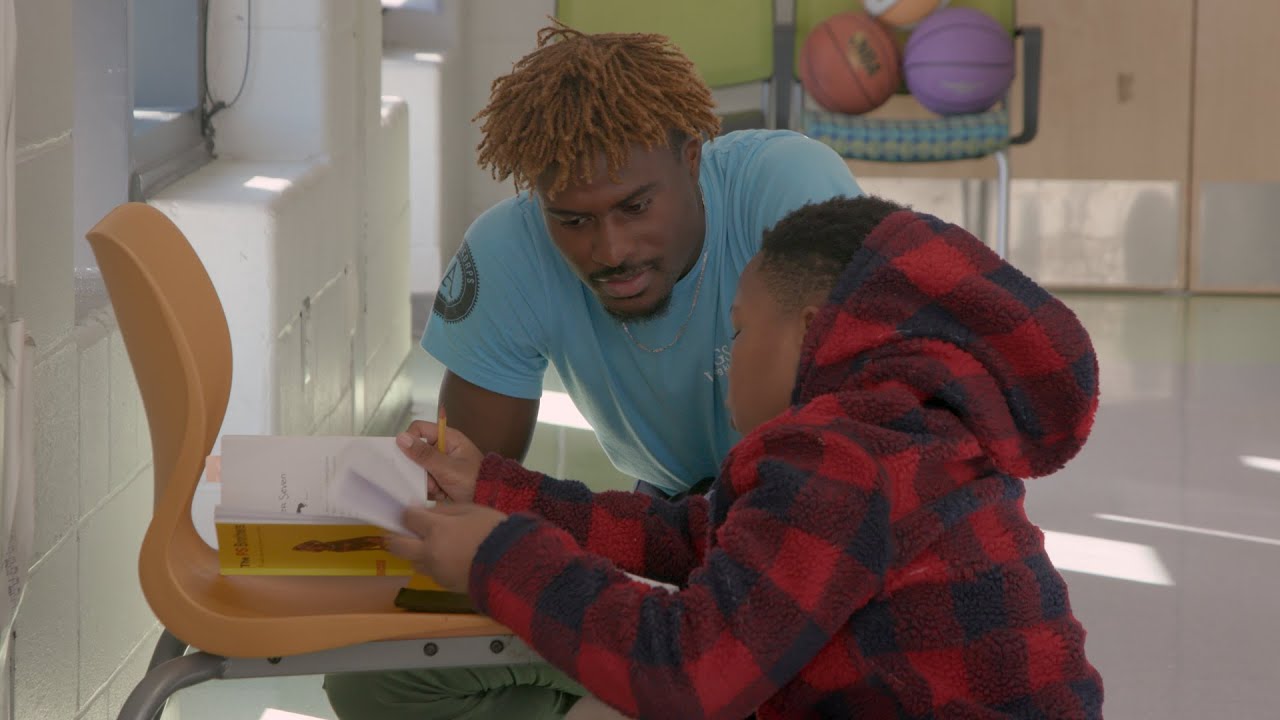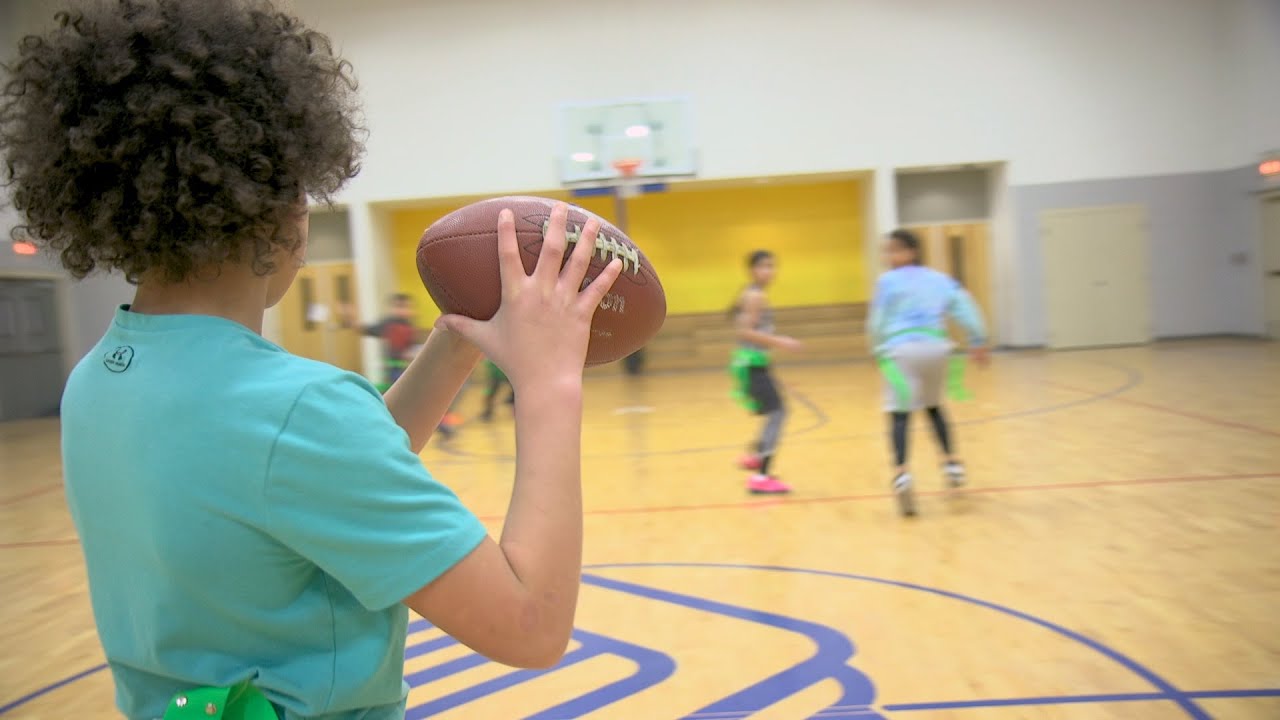How Learning Happens
In this series, we explore how educators can guide all students, regardless of their developmental starting points, to become productive and engaged learners.
How can schools better align their practices with what the science says about human learning? Our popular video series—featuring Linda Darling-Hammond, president and CEO of Learning Policy Institute, Pamela Cantor, MD, founder and senior science advisor of the Center for Whole-Child Education (formerly Turnaround for Children), and Karen Pittman, partner at Knowledge to Power Catalysts and cofounder and former CEO of the Forum for Youth Investment—pairs research insights with a variety of illustrative strategies from schools, all grounded in the science of human learning and development.
These techniques have resonated with educators everywhere: They are focused on taking advantage of the incredible opportunity to help children reach their full potential by creating positive relationships, experiences, and environments in which every student can thrive. In fact, the science is beginning to hint at even more dramatic outcomes. Practices explicitly designed to integrate social, emotional, and cognitive skills in the classroom, the research suggests, can reverse the damages wrought by childhood trauma and stress—while serving the needs of all students and moving them onto a positive developmental and academic path.
